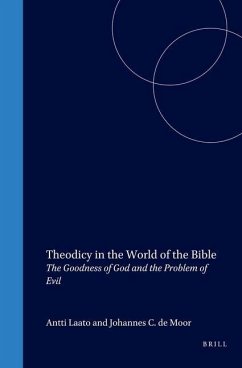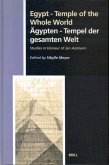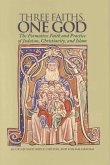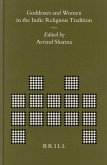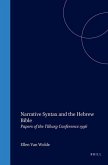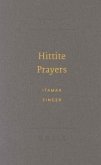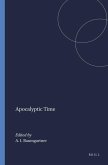Is it justice when deities allow righteous human beings to suffer? This question has occupied the minds of theologians and philosophers for many centuries and is still hotly disputed. All kinds of argument have been developed to exonerate the 'good God' of any guilt in this respect. Since Leibniz it has become customary to describe such attempts as 'theodicy', the justification of God. In modern philosophical debate this use of 'theodicy' has been questioned. However, this volume shows that it is still a workable term for a concept that originated much earlier than is commonly realised. Experts from many disciplines follow the emergence of the theodicy problem from ancient Near Eastern texts of the second millennium BCE through biblical literature, from both Old and New Testament, intertestamental writings including Qumran, Philo Judaeus and rabbinic Judaism.
Hinweis: Dieser Artikel kann nur an eine deutsche Lieferadresse ausgeliefert werden.
Hinweis: Dieser Artikel kann nur an eine deutsche Lieferadresse ausgeliefert werden.

